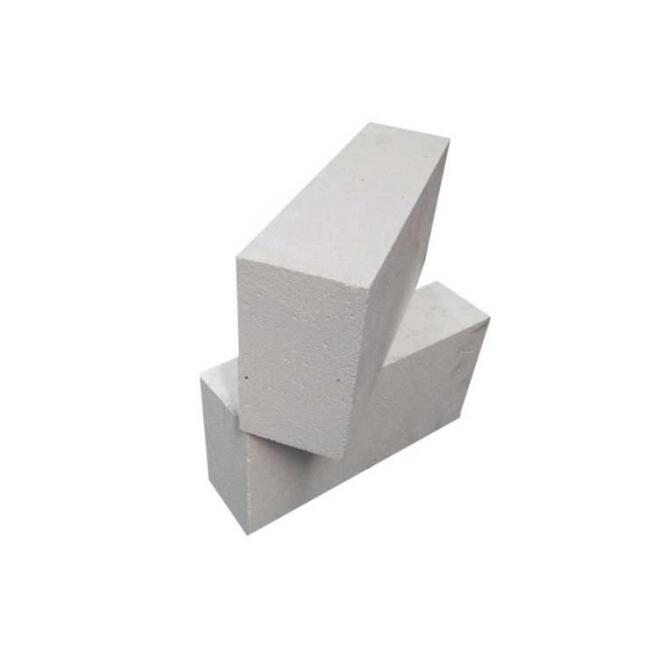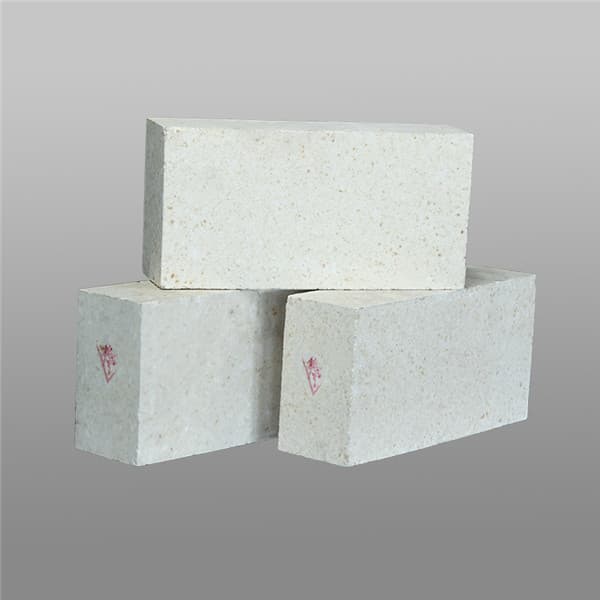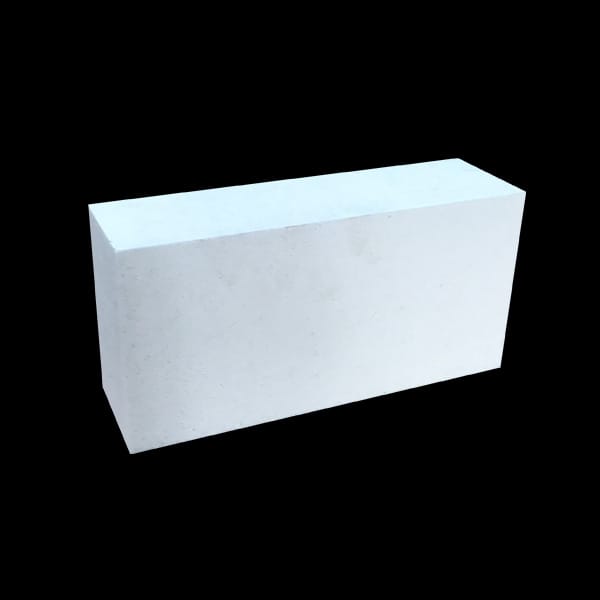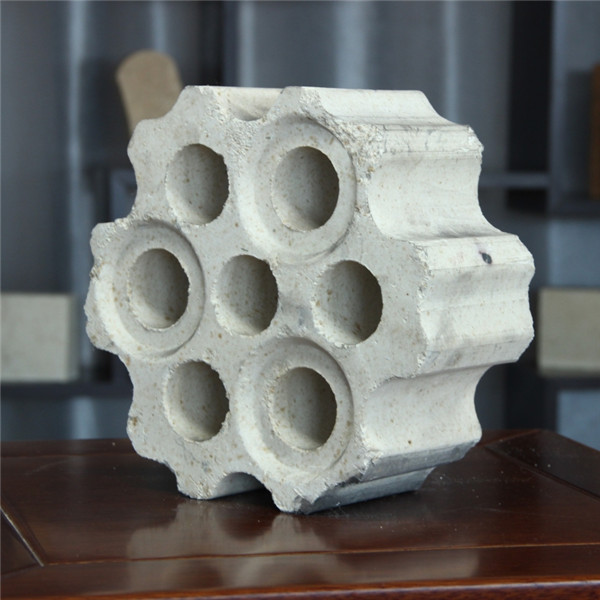Corundum brick:


Corundum refractory bricks are refractory products with alumina content greater than 90% and corundum as the main crystal phase. High normal temperature compressive strength (up to 340MPa). High load softening start temperature (greater than 1700 ° C). Very good chemical stability, strong resistance to acidic or alkaline slag, metals and glass liquids. Thermal shock stability is related to its organizational structure. Corundum bricks can be divided into sintered corundum brick and fused corundum brick. Sintered alumina and fused corundum can be used as raw materials, or alumina clinker with high Al2O3 / SiO2 ratio can be combined with sintered alumina and made by sintering. It can also be made of non-burning corundum brick with phosphoric acid or other binders. Mainly used in iron-making blast furnace and blast furnace hot air furnace, steel-making furnace refining furnace, sliding water heater, glass melting furnace and petrochemical industry furnace.
As a professinal corundum refractory materials manufacturer, we have exported different corundum refractory bricks to more than 30 countires.Please kindly read the following and make Inquiry.
Scope of application:
l Corundum brick is widely used in the lining of various high-temperature kilns in glass furnaces, conversion furnaces, metallurgical industries, etc.
Advantage:
l High normal temperature compressive strength
l High load softening start temperature
l Good chemical stability
l Strong resistance to acidic or alkaline slag, metals and glass liquids
Technical Data:
Items | Ultra Purity Corundum brick | 99 Corundum brick | 90 Corundum brick | Corundum Mullite Brick |
Al2O3 % | ≥99.3 | ≥ 98.5 | ≥ 90 | ≥80 |
SiO2 % | ≤0.15 | ≤0.3 | ≤8.5 | ≤18.5 |
Fe2O3 % | ≤0.1 | ≤0.2 | ≤0.2 | ≤0.3 |
Bulk density g/cm3 | ≥3.25 | ≥3.25 | ≥3.1 | ≥2.9 |
Apparent porosity % | ≤18 | ≤18 | ≤18 | ≤18 |
Cold crushing strength MPa | ≥100 | ≥100 | ≥100 | ≥100 |
Refractoriness under load (0.2Mpa,0.6%) | ≥1700 | ≥1700 | ≥1700 | ≥1700 |
Reheating linear change rate (1600℃X 8h) | -0.2 | -0.2 | 0.2 | 0.2 |
Thermal expansion % Tem.to 1300℃ | 8.1 | 8.1 | 8.1 | 7.6 |






 Wechat Us
Wechat Us